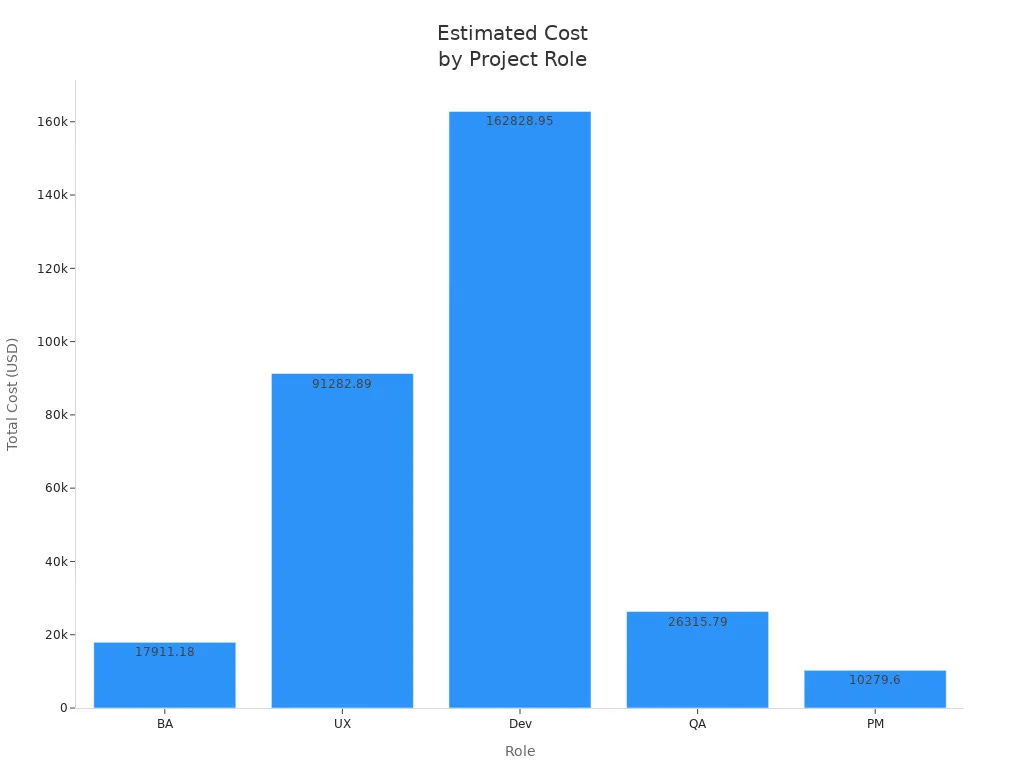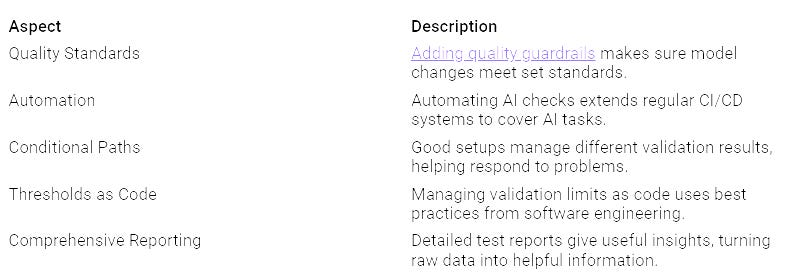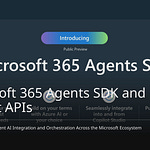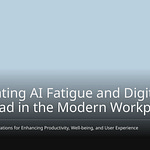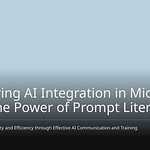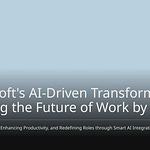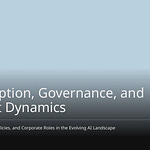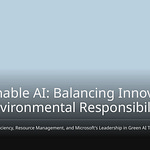AI is changing how you do software development. With tools like GitHub Copilot, you can move from fixing problems to creating new features. GitHub Copilot’s Agent Mode makes this change even better by helping you code faster. Imagine finishing tasks that used to take many steps with just one command. How much more could you get done? And how would working better together change your team?
Key Takeaways
GitHub Copilot Agent Mode helps you code faster. It makes hard tasks easier. This lets you focus on making new features. You won’t get stuck in debugging.
Cross-file synchronization makes managing files easier. You can change your codebase quickly. This saves time and reduces mistakes.
Reducing cognitive load helps you focus on important tasks. The AI organizes information for you. It also does repetitive tasks, making coding more fun.
Good pull request management improves code quality. Use AI tools to automate checks. This helps communication in your team.
AI tools like GitHub Copilot will change software development. Using these tools now can increase your productivity and creativity later.
The Pain of Software Development
Debugging Challenges
Debugging can feel like a long, frustrating loop. You write code and run it, but—surprise!—it doesn’t work right. You dig into the code, looking for the problem, but you get lost in a maze of logic and connections. This can take a lot of your time and energy.
When you deal with these debugging problems, you might notice a few things:
Increased Stress: The need to fix issues fast can make you anxious. You may feel like you’re always racing against time.
Frustration with Technical Debt: As you fix problems, you might see that technical debt is growing. This debt means more work later, making it harder to keep your code clean.
Burnout: The debugging loop can cause burnout. You may feel unmotivated and ineffective, especially when the same problems keep happening.
Context Switching Issues
Context switching is another big problem in software development. You start one task, but then a new issue pops up, taking your focus away. This constant back-and-forth can hurt your productivity. Studies show that switching tasks can cut your productivity by up to 20% with two tasks, and even more—40%—with three tasks at once.
Here are some effects of context switching you might notice:
Increased Error Rates: Each time you switch tasks, you have to change your thinking. This can tire your brain, making you more likely to make mistakes.
Stifled Creativity: When you get interrupted a lot, it’s hard to think creatively. You might miss great ideas because your mind is too scattered.
Mental Fatigue: Constantly changing tasks can exhaust you. You may feel mentally tired, which can hurt your performance and happiness at work.
As you face these challenges, it’s important to see how they lead to more technical debt and burnout. The rush to deliver quickly often creates a stressful atmosphere, making it harder to focus on good software development.
Hidden Costs of Inefficiency
Focus Loss
When you lose focus during development sprints, it can hurt your work. Sprints are meant to create urgency, but they can also cause distractions. You might end up juggling many tasks, which can lower the quality of your work. Here’s how losing focus affects your projects:
Teams often change plans mid-sprint and forget their original goals.
This change can cause inefficiencies as you split your attention between finishing old tasks and starting new ones.
In the end, this can slow down progress on both sides.
The money lost due to inefficiency can be huge. Hidden costs, like management and communication, can add up fast. If you don’t budget enough for important phases, you might face big financial problems later. For example, rushing through the design phase to save money often leads to costly rework.
Cognitive Overload
Cognitive overload is another big problem in software development. Managing many file dependencies can make it hard to keep track of how different parts work together. Here are some common causes of cognitive overload:
Increased difficulty in tracking how multiple files interact.
Trouble keeping mental models of how the system works.
Poor documentation and naming that make understanding harder.
When your brain is overloaded, fixing problems becomes tougher. You might find it hard to think about the system, leading to mistakes. New team members often struggle to learn because of these complicated dependencies.
Benefits of GitHub Copilot Agent Mode
Cross-File Synchronization
With GitHub Copilot Agent Mode, you can stop worrying about managing many files. This feature helps you make changes across files easily. You can focus on building instead of fixing. Imagine updating different files without the usual trouble. You can make changes all at once, saving time and lowering mistakes.
Here’s how cross-file synchronization helps your work:
Enhanced Visibility: You get a better view of your whole codebase. This helps you see how parts of your project connect.
Reduced Complexity: You don’t have to keep track of different ideas for each file. The agent makes this easier by handling dependencies for you.
Faster Implementation: Teams moving from old coding methods to GitHub Copilot say they work 25% faster. This speed helps you deliver features quickly and well.
Cross-file synchronization also solves common problems in regular development. Developers often have trouble seeing system designs, which can lead to mistakes like wrong imports. With Agent Mode, you can avoid these issues and make your coding smoother.
Cognitive Load Reduction
Cognitive load can really slow you down in software development. When you have too much information, it’s hard to focus on what matters. GitHub Copilot Agent Mode helps lighten this load, letting you focus on the fun parts of coding.
Here’s how it lowers cognitive load:
Efficient Knowledge Management: The AI organizes and finds information for you. This means you can use your knowledge instead of trying to remember everything.
Brainstorming Partner: The agent helps you think of new ideas and improves your thoughts based on patterns. This support can boost creativity and lead to new solutions.
Delegation of Repetitive Tasks: By taking care of boring tasks like summarizing research, the agent gives you more mental space for important thinking. You can spend more time on tricky coding problems that you enjoy.
A senior software engineer said, “With Copilot, I have to think less, and when I have to think, it’s the fun stuff. It sets off a little spark that makes coding more fun and more efficient.” This shows how GitHub Copilot Agent Mode changes your coding experience, making it easier and more enjoyable.
Developer Control and Collaboration
Pull Request Management
Managing changes with pull requests is very important for keeping code quality high. GitHub Copilot helps make this process easier. Here’s how to use pull requests better:
Mix automation with human checks. This keeps your code reviews high quality and responsible.
Use rules files for clear context. This helps everyone know why each pull request exists.
Create a PR template based on evidence. This helps keep submissions organized and clear.
Use AI tools to check pull requests. These tools find problems and suggest fixes before you merge.
Enforce CI checks to stop merges that don’t follow main rules. This keeps your code clean and working well.
When giving feedback, remember to recognize contributions. Be clear about what changes you want to keep things understandable. Using inline comments can help explain things better in discussions. Good communication builds respect, making it easier for everyone to work together.
CI/CD Integration
Adding CI/CD guardrails improves code quality in AI-driven development. Here’s how it works:
With GitHub Copilot, you can automate tasks like finding bugs and reviewing code. This lets you focus on harder problems that need your skills. AI tools also improve communication by connecting team members better. By optimizing task assignments and predicting issues, you can enhance project results and create a team-friendly environment.
The Future of Development with AI
Innovation Potential
AI is going to change software development in surprising ways. In the next five years, more developers will use AI tools. By 2028, about 75% of engineers will be using AI code helpers like GitHub Copilot. This change will make coding faster and boost creativity.
Here are some cool trends to look out for:
Generative AI’s Economic Impact: The effect of generative AI on GDP is expected to rise from under 10% to about 15% in the next twenty years.
Labor Cost Savings: You might see labor cost savings from using AI averaging around 25%, possibly reaching 40% in the future.
AI as a Foundational Technology: AI is becoming important in many fields, helping progress in robotics, bioengineering, and energy systems.
With these changes, you’ll see that AI is not just making work easier; it’s changing what software can achieve. Think about automating code deployment or spotting fraud in real-time for FinTech. The options are endless!
Sustainable Practices
Sustainability is another area where AI does well. By using AI in your development work, you can adopt methods that improve efficiency and lower environmental harm. Here are some ways AI helps with sustainability:
By automating data collection and improving analysis, AI helps you make smart choices that support sustainability goals. You can make your processes smoother while reducing your environmental impact.
As you start using AI in your development work, you’ll not only enhance your workflow but also help create a more sustainable future.
GitHub Copilot Agent Mode changes how you code by being like a helpful assistant. It takes care of tasks, fixes problems, and organizes your work. This makes your development process easier and faster. By using this tool, you can boost your productivity and focus on what really matters—coming up with new ideas.
As you think about the future, remember how AI will change software development. Predictions say that 90% of software engineers in big companies will use AI code helpers by 2028. Now is the perfect time to start using these tools. Begin adding GitHub Copilot to your daily work and see how your workflow improves.
FAQ
What is GitHub Copilot Agent Mode?
GitHub Copilot Agent Mode is a smart tool that helps you manage code changes in different files. It makes your work easier, so you can focus on creating new features instead of fixing problems.
How does Agent Mode reduce cognitive load?
Agent Mode organizes information and takes care of boring tasks. This lets you focus on solving creative problems instead of dealing with many files and connections.
Can I still control my code with Agent Mode?
Yes! You still have control through pull requests and code reviews. Agent Mode makes your work smoother while you keep the final say on code changes.
How does Agent Mode improve collaboration?
Agent Mode helps teamwork by making pull request management easier and connecting CI/CD processes. This helps your team communicate better and stay on track with project goals.
Is GitHub Copilot suitable for all developers?
Yes! GitHub Copilot is made for developers at all levels. Whether you are just starting or very experienced, it can improve your coding experience and increase productivity.


